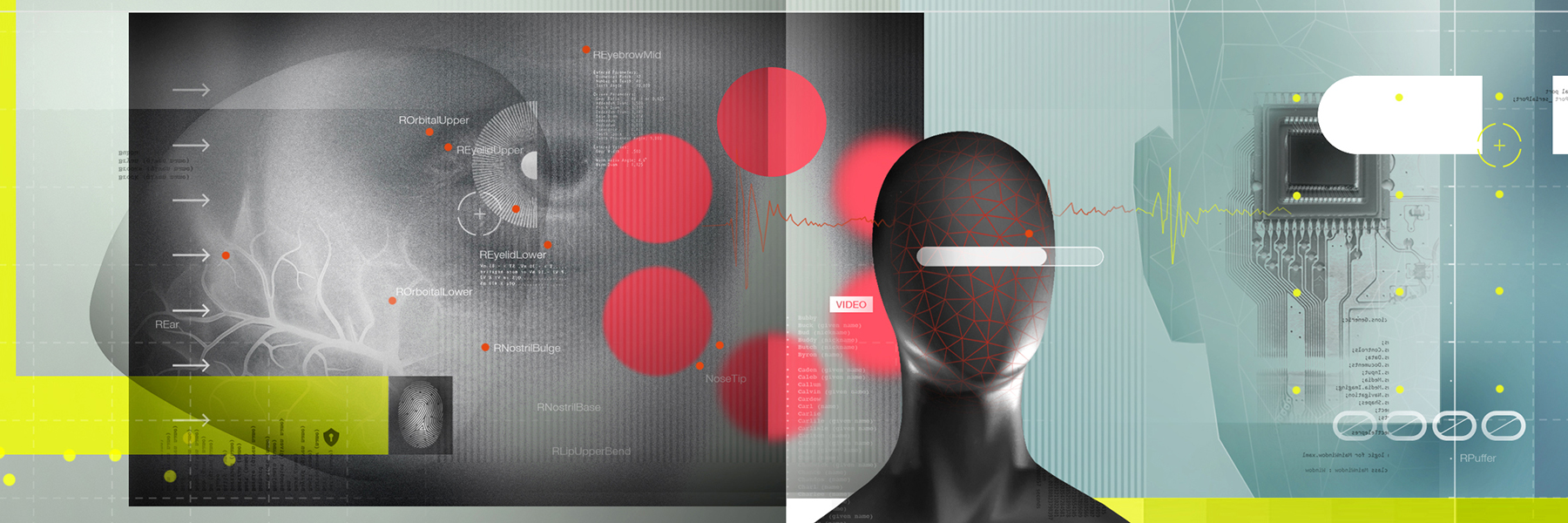
Artificial intelligence is part of everyday life for young Swiss people

Artificial intelligence has rapidly become part of young people's everyday lives. According to a survey, 71% have had experience with ChatGPT or other programs, whiile 34% use the applications at least once a week.
+Get the most important news from Switzerland in your inbox
This is a brilliant start for the new medium. After all, the technology only entered the consciousness of the masses at the end of 2022, according to a study published on Thursday by the Zurich University of Applied Sciences (ZHAW), which was commissioned by Swisscom.
ChatGPT and other artificial intelligence (AI) programs have been integrated into the everyday lives of young people faster than any other medium before. With their dialogue-based interfaces, they are very easy and low-threshold to use. However, there are also disadvantages: the output of these AI tools is not always error-free, and they sometimes provide incorrect or inaccurate information.

More
AI-powered neurotechnologies raise hopes and fears for health and privacy in Geneva
Instagram, TikTok, Whatsapp, Snapchat
Instagram, TikTok, WhatsApp and Snapchat remain the most popular social networks and messengers among young people in Switzerland. According to the study, these four are an integral part of young people’s everyday lives – regardless of age, gender and social background. However, according to the study, a saturation trend can also be seen in young people’s media use. An increase hardly seems possible.
Young people most frequently own personal devices such as cell phones, computers or laptops and portable speakers. Computers or laptops and portable speakers in particular become more popular with increasing age.
The social and economic status of the family determines the media equipment of young people. If this increases, the number of available devices in the personal possession of young people also increases.
According to its own information, the James Study maps the media use of young people in Switzerland. James stands for Youth, Activities, Media Survey Switzerland and is conducted every two years. Since 2010, more than 1,000 young people aged between 12 and 19 in the three major language regions of Switzerland have been surveyed about their media and leisure behaviour.

More
The ethics of artificial intelligence
Translated from German by DeepL/mga
This news story has been written and carefully fact-checked by an external editorial team. At SWI swissinfo.ch we select the most relevant news for an international audience and use automatic translation tools such as DeepL to translate it into English. Providing you with automatically translated news gives us the time to write more in-depth articles.
If you want to know more about how we work, have a look here, if you want to learn more about how we use technology, click here, and if you have feedback on this news story please write to english@swissinfo.ch.

In compliance with the JTI standards
More: SWI swissinfo.ch certified by the Journalism Trust Initiative





























You can find an overview of ongoing debates with our journalists here . Please join us!
If you want to start a conversation about a topic raised in this article or want to report factual errors, email us at english@swissinfo.ch.